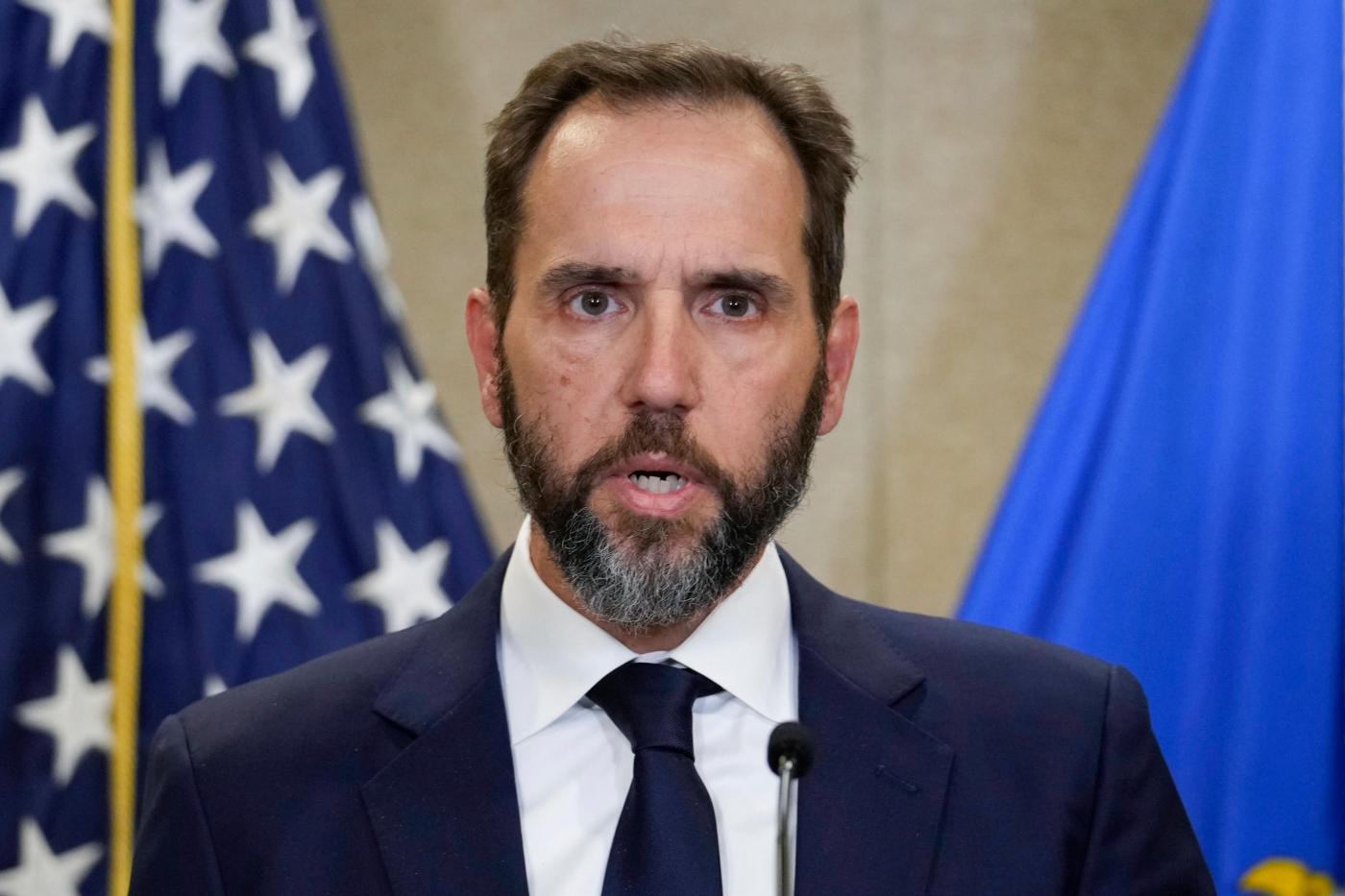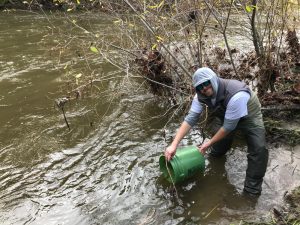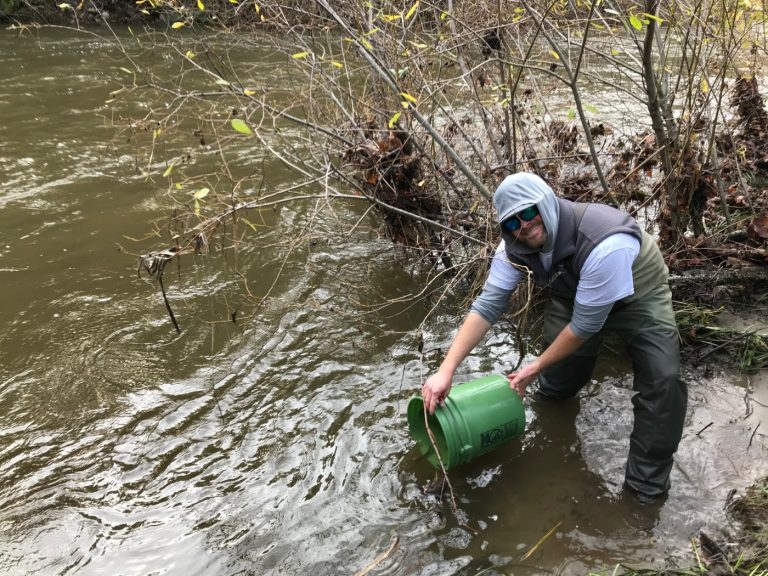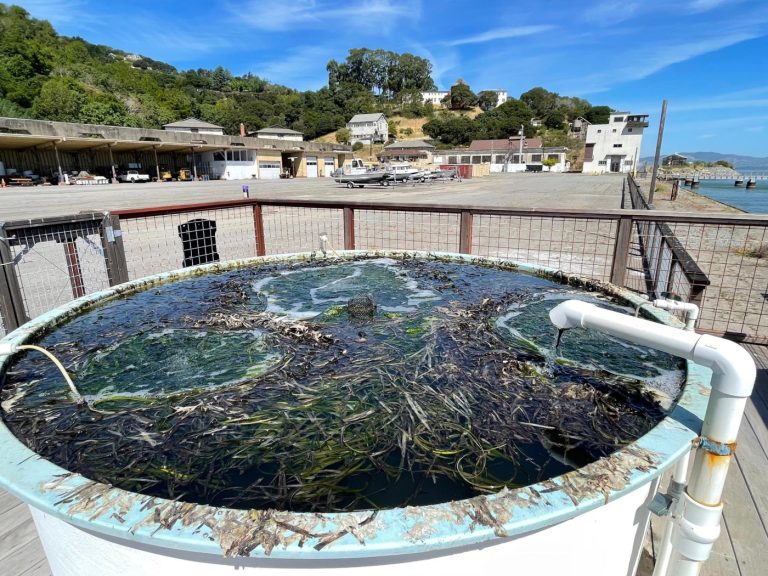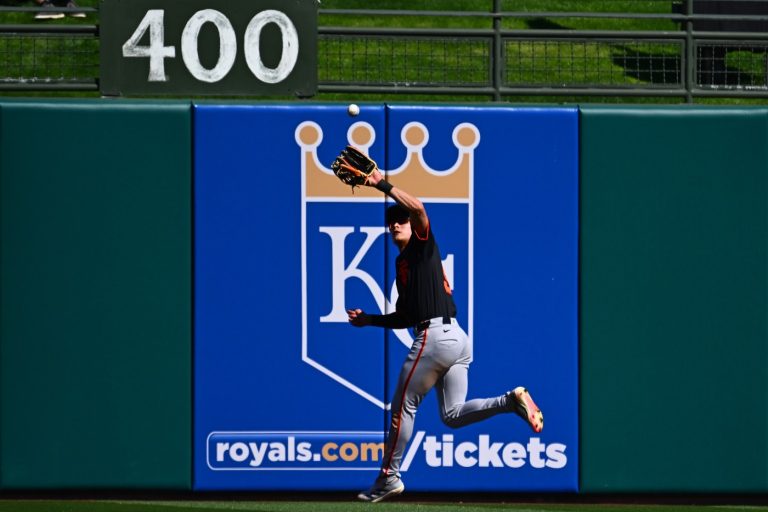When thinking about including charges in an indictment, prosecutors can decide which claims to make by asking whether the charge is strong or weak. In other words, does the evidence clearly support the charge, or would they be stretching either the evidence or the legal theory to make the case?
But there’s another, related calculation, and that’s asking whether the claim is clean or complicated. By “clean,” I mean simple and direct. Is this a charge, regardless of the strength of evidence, that the jury will find easy to understand? Obviously, the best possible case to bring is one that’s both clean and strong: The statutes and evidence are straightforward. The case is relatively easy to make.
And that’s exactly how I’d describe the new Jack Smith indictment of Donald Trump. I disagree strongly with the Supreme Court’s immunity ruling, but to the extent there is any silver lining in that dark constitutional cloud, it’s that for Smith, less is truly more.
Even absent the immunity ruling, Smith’s first indictment would have given Trump room to argue that he was doing nothing more than using the levers of government power to investigate election fraud, a classic function of the Department of Justice. His actions were corrupt and unprecedented, but their official nature gave him hope for a defense.
Trump’s fake electors scheme, by contrast, was a campaign function, not an exercise of presidential power.
In fact, during the oral argument in Trump v. United States, Justice Amy Coney Barrett elicited a series of representations from Trump’s counsel that a number of claims in the original indictment involved Trump’s private conduct. For example, she asked if it was private conduct when “three private actors; two attorneys, including those mentioned above; and a political consultant helped implement a plan to submit fraudulent slates of presidential electors to obstruct the certification proceeding, and petitioner” — Trump — “and a co-conspirator attorney directed that effort.”
Trump’s attorney affirmed, “That’s private.”
Related Articles
Hold On: Trump ordered to stop playing Isaac Hayes music at rallies
First clip released for unauthorized Trump biopic ‘The Apprentice’
Donald Trump says he can stabilize prices. Does his plan make sense?
Voters will decide minimum wage ballot measures in several states
Barron Trump starts college in New York with backpack and Secret Service entourage
Not only is that private; it’s among the strongest claims in the whole case. There was never a credible argument for fake electors. And by conspiring to submit fraudulent electoral votes, Trump’s conduct fits squarely within precedent for federal offenses.
If Trump wins the presidency again, the case will disappear. But if he loses, he’ll stand trial, and Smith has now brought a much better case against the former president.
David French is a New York Times columnist.
